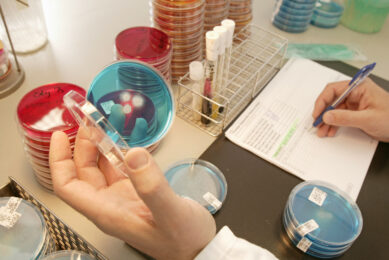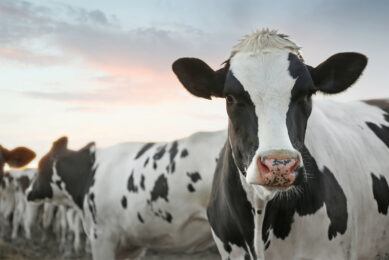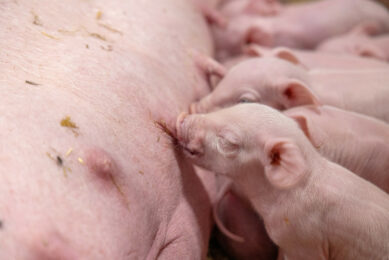Resistant bacteria in pig guts linked to antibiotic usage

The level of antibiotic resistance in the intestinal tracts of pigs and broilers is linked to antibiotic usage.
That was the conclusion of a study involving 19 academic parties throughout 10 countries in Europe. The study concentrated on the manure of over 9,000 pigs and chickens and was published in the journal Nature Microbiology.
The international team visited 181 pig and 178 broiler farms in 9 European Union countries. The international research team contained partners from the Netherlands, Belgium, Germany, Denmark, Poland, Bulgaria, Switzerland, Italy, Spain and France.
More resistance with pigs
According to a press release shared by Wageningen University, one of the participating parties, the study revealed that the quantity and type of resistance genes present in the intestinal tracts differ according to the type of animal and country.
The animals – pigs and chickens – and the 9 countries differed as far as resistance to antibiotics is concerned. This is a reflection of the difference in the degree of antibiotic usage per animal species and country. More resistance occurs in the intestinal tracts of pigs than in chickens, whereas a greater variety of resistance genes occur in chickens.
Several recently described critical antimicrobial resistant (AMR) genes, including mcr-1 and optrA were detected – the abundance of which differed both between host species and between countries.
The results of the study are of relevance not only to animals, but also to humans. Humans are after all exposed to resistance genes through food.
New approach using DNA in pig manure
The researchers opted for a new approach to measuring resistance. They collected information via the DNA in the dung of the animals. This information codes for antimicrobial resistance in the overall bacterial community in the intestinal tract. This is called the resistome and comprises all the resistance genes present in the intestinal tract.

Read more about pig health in the Pig Progress Health Tool
International collaboration within this project
This publication is one of the outcomes of an international collaboration within the EU’s Effort project: ‘Ecology from Farm to Fork Of microbial drug Resistance and Transmission’. The project aims to study the complex epidemiology and ecology of antimicrobial resistance and the interactions between bacteria in animals, the food chain and the environment.
The project, which has been running from 2013 up to 2018, is being coordinated by Jaap Wagenaar and Haitske Graveland of Utrecht University.
A concluding symposium of the Effort project will take place in Utrecht, the Netherlands, in November.











